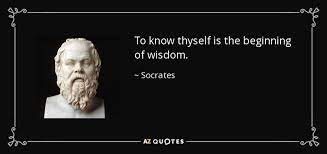to point out the modern problem of overspecialization, or the tendency of different theorists and research traditions to stay confined within a very narrow niche or perspective, while tending to ignore what others are doing. Overspecialization manifests itself in many ways in our field and beyond. In psychotherapy, one negative consequence has been the proliferation in the number of available therapeutic modalities—some estimates are as high as 400 different systems (Garfield & Bergin, 1994; Karasu, 1986). Often, people who create new approaches try very hard to distinguish what they are doing from pre-existing approaches without attempting to incorporate or account for the value of what has come before.
Forman, Mark D.. A Guide to Integral Psychotherapy (SUNY series in Integral Theory) . State University of New York Press. Kindle Edition.
Much of psychotherapy has been based on trademarking and branding. CBT, DBT, EMDR, EFT, SFBT, Jungian, Family Systems, Client centered, Humanistic, Existential, Primal scream, etc.
Workshops, certification programs, and other forms of credentialing separate and divide therapists so they can capture a market. However, what we know is that psychotherapy works and is beneficial because of its common factors, not its specialized techniques and models.
The common factors are: 40% of a good outcome are related to external circumstances that have nothing to do with the therapy itself, 30% of a good outcome are related to the quality of the helping relationship, 15% of a good outcome are related to hope and expectancy, and 15% of a good outcome are related to the skills of the therapist.
People come to therapy looking for various things such as “tools” to cope with their stress, and advice about how to resolve certain problems, but the most common thing people are looking for is someone who will listen to them and understand their situation and be there for them. From this listening the person gains a sense of emotional relief and enhanced well being and comfort.
Therapeutic listening is not easy. It takes discipline, skill, wisdom, and above all else an attentive non anxious presence.





